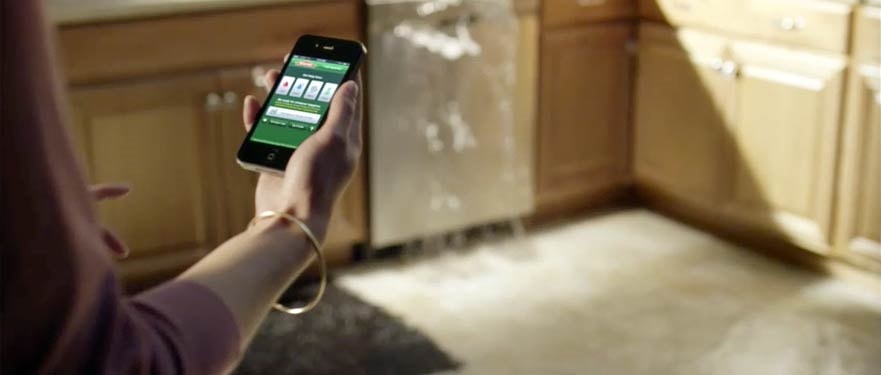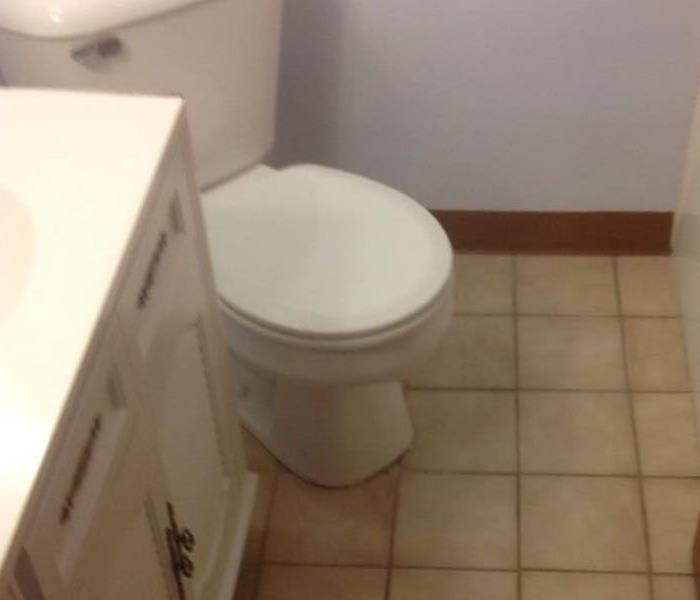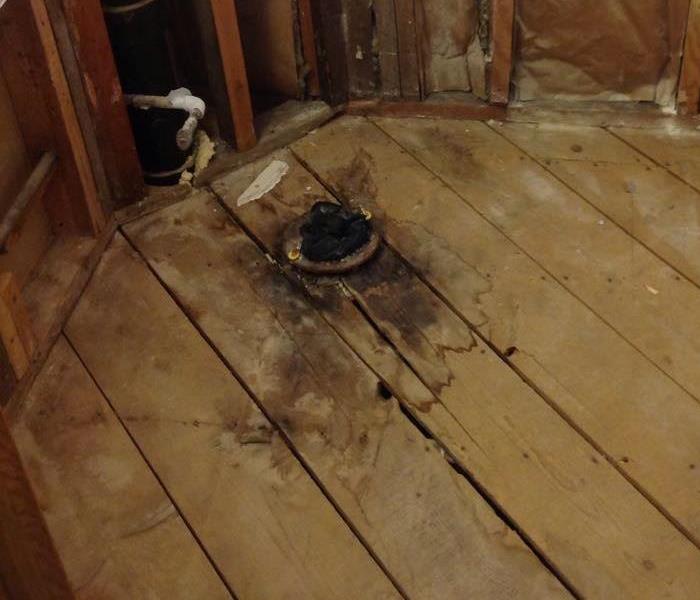
Water Damage Emergency Tips
What you can do until help arrives
Water Tips | Fire Tips | Biohazard Tips | Mold Tips
Water damages can come as a total surprise with a hefty price tag. Depending on the type of disaster, property loss can accumulate quickly and items can become non salvageable. Before things can get to that point, take into consideration these few tips on water damage prevention. They may save you costly repairs in the future. Outside of your home, be sure to disconnect hoses in the winter months. Standing water may freeze in the line, causing the potential for massive damages. Cleaning gutters and downspouts reduce the risk of dams forming, preventing a water crisis. Investigate any leaks right away and have fixed as soon as possible. Postponing repairs leaves the possibility of mold formation to grow exponentially. If ever you find yourself in deep water, don't hesitate to give us a call.
Have A Water Damage Emergency? Call (262) 248-7588
What To Do After Flooding
- Remove excess water by mopping and blotting.
- Wipe excess water from wood furniture after removal of lamps and tabletop items.
- Remove and prop wet upholstery and cushions.
- Place aluminum foil or wood blocks between furniture legs and wet carpeting.
- Turn air conditioning on for maximum drying in summer.
- Remove colored rugs from wet carpeting.
- Remove art objects to a safe, dry place.
- Gather loose items from floors.
What NOT To Do After Flooding
- Don't leave wet fabrics in place. Hang furs and leather goods.
- Don't leave books, magazines or other colored items on wet carpet or floors.
- Don't use your household vacuum to remove water.
- Don't use television or other household appliances.
- Don't turn on ceiling fixtures if ceiling is wet, and keep out of rooms where ceilings are sagging.




 24/7 Emergency Service
24/7 Emergency Service


